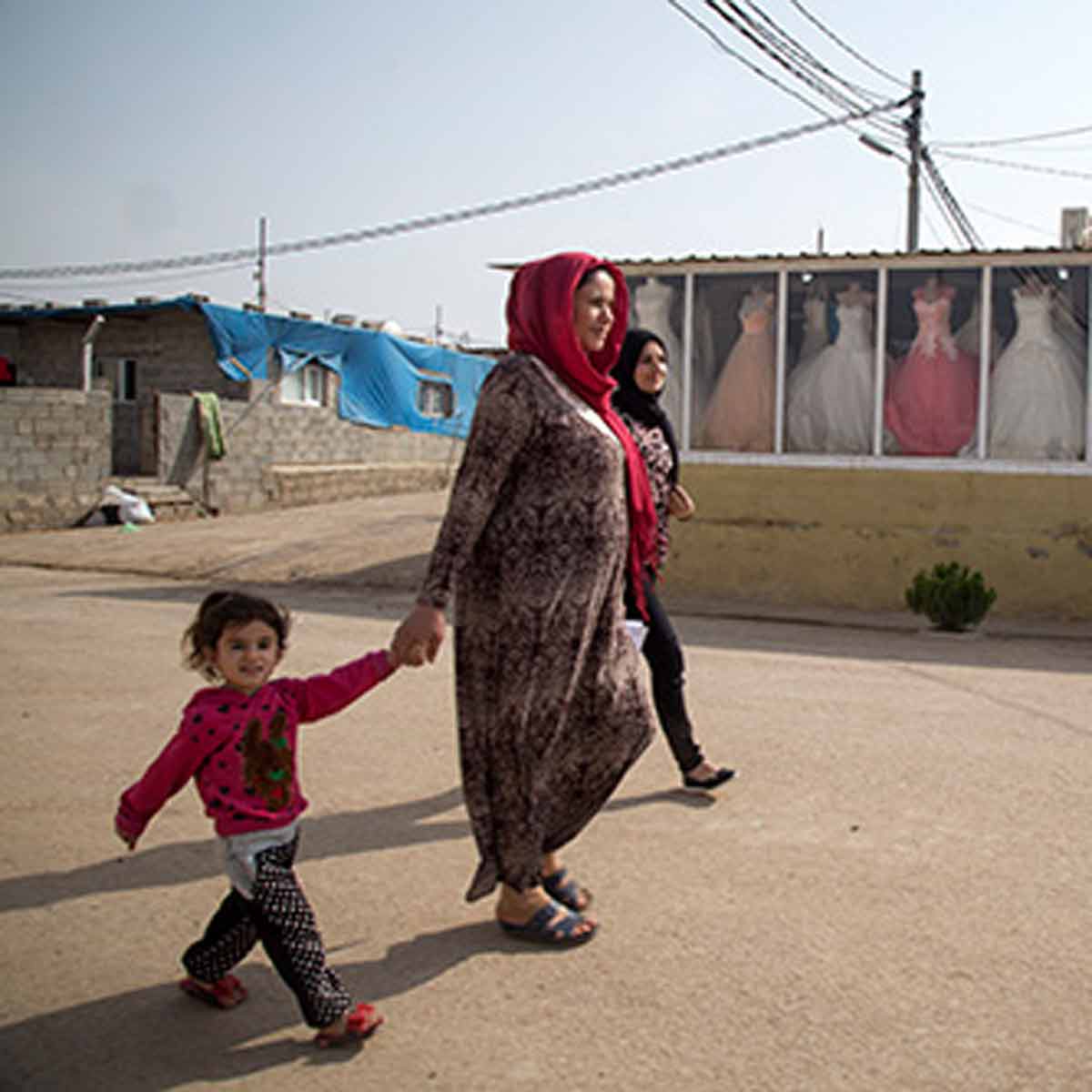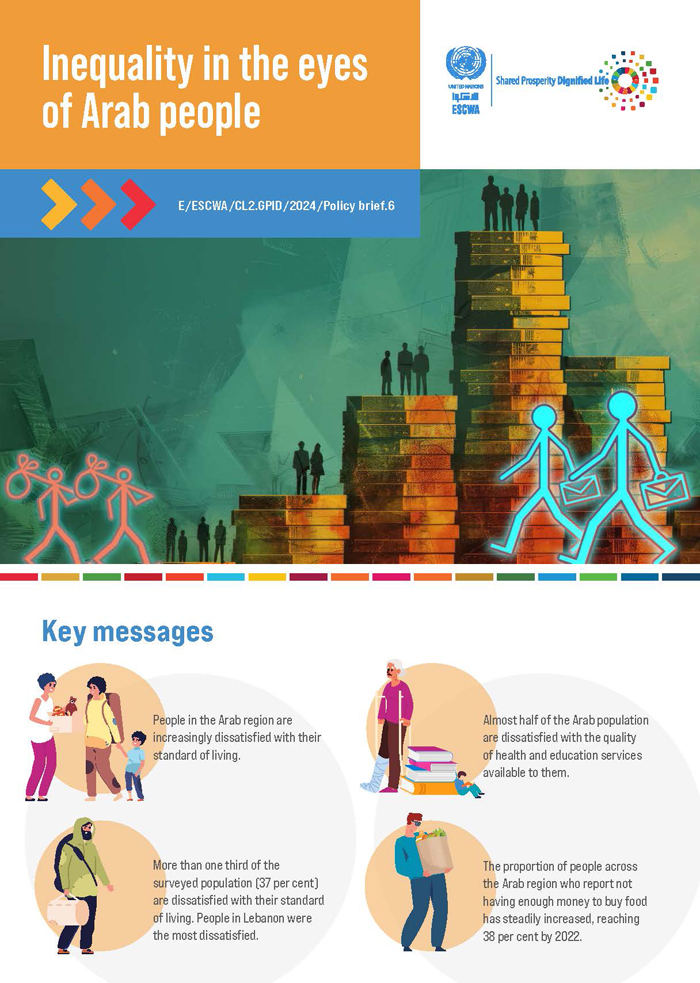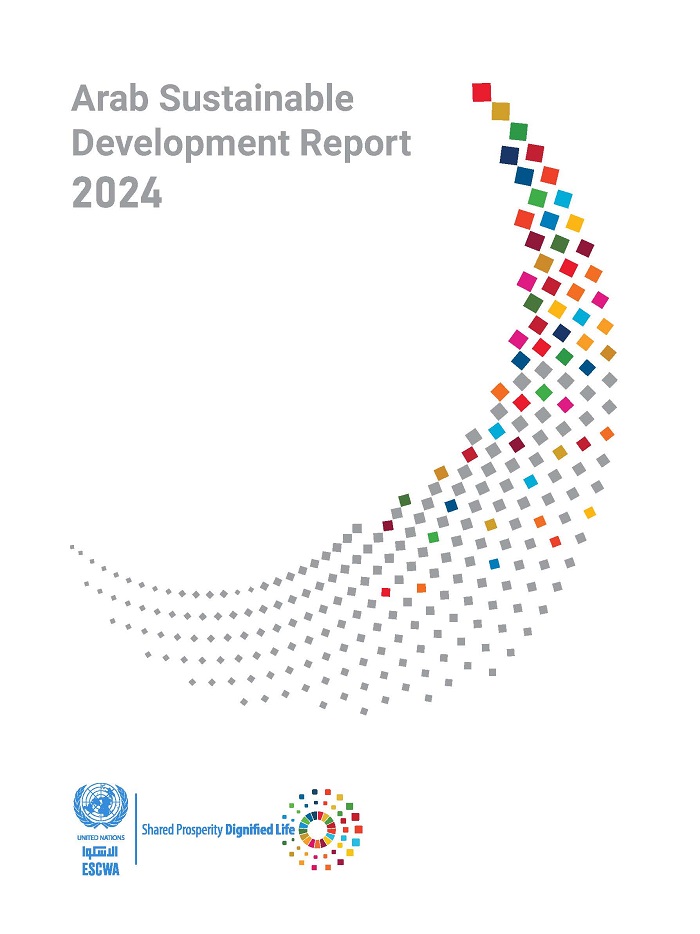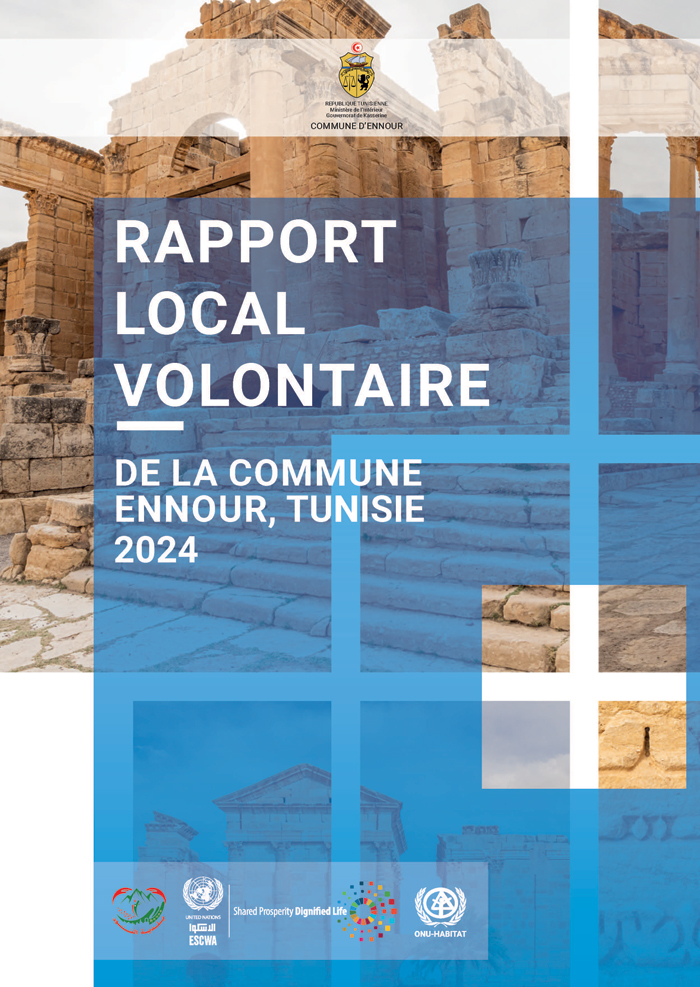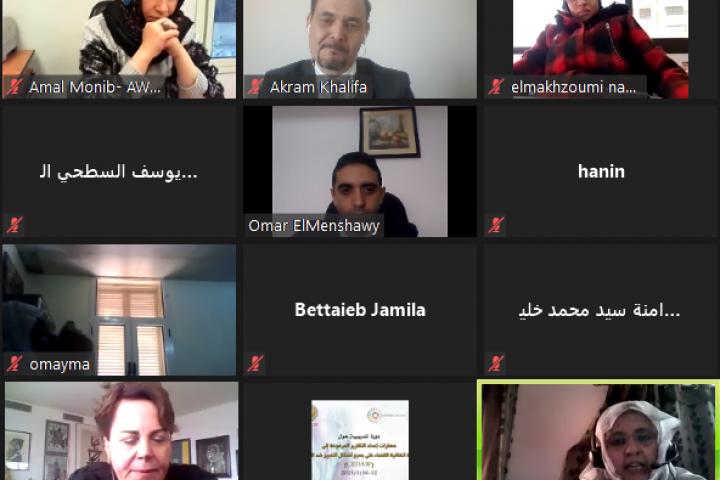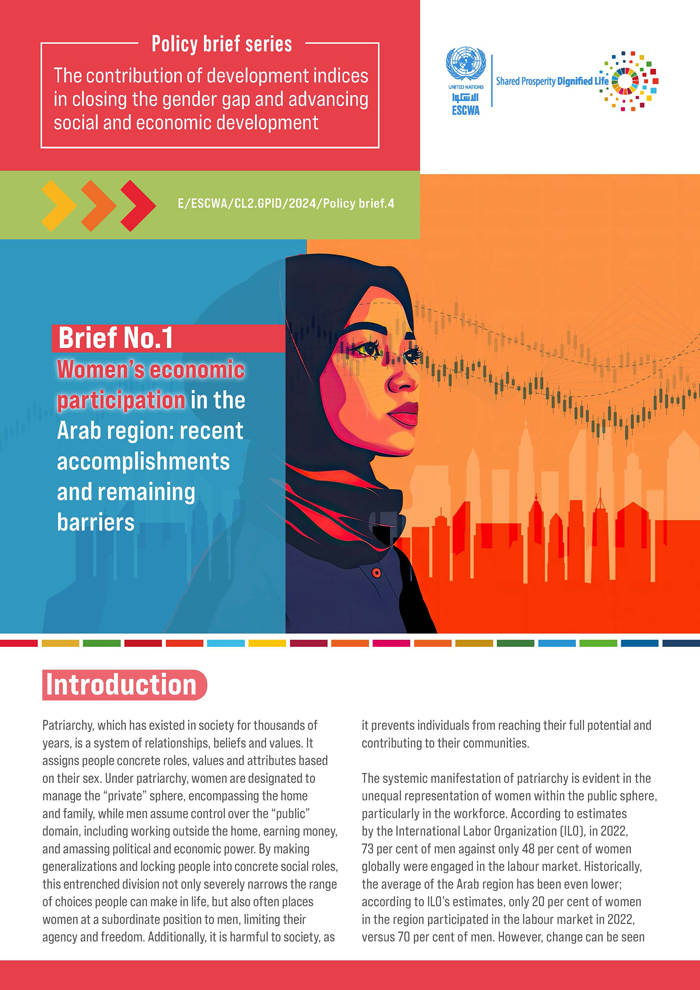
Background
The Fourth World Conference on Women, held in Beijing in 1995, formally incentivized the creation of national women’s machineries to ensure the mainstreaming of gender equality and women’s empowerment in government institutions, policies and programmes.
In the Arab region, national women’s machineries support government institutions in promoting gender equality across all sectors and groups. However, their work has often been hampered by various hurdles, including a lack of capacity and tools to ensure that the gender dimension is considered in all outputs.
Our approach
In consultation with national women’s machineries in the Arab region, ESCWA is leading an innovative regional initiative entitled the Action Plan on Gender Equality and Women’s Empowerment within National Institutions in the Arab Region, which measures progress in achieving gender equality in public institutions and strengthening gender mainstreaming in their procedures so as to influence their outputs. ESCWA is following a scalable approach whereby the Action Plan is first implemented in national women’s machineries to strengthen their capacity, so as to enable them to implement it in national institutions. ESCWA also analyses the factors that hinder the equal access of women to opportunities and resources, and prepares researches on estimating the values of the different tasks assigned to women and men, girls and boys, in their engagement in the family and community, and at work.
Our partners
Partners:
UN-Women, United Nations Population Fund, United Nations Children's Fund, Food and Agriculture Organization of the United Nations, World Food Programme, League of Arab States, Plan International, Terre de Hommes.
Stakeholders:
National women’s machineries, national public institutions, decision makers, senior civil servants and employees of executive ministries, national statistical offices, members of parliaments, parliamentary committees and civil society organizations.
Our activities
ESCWA prepares studies and reports that analyse the needs of national women’s machineries, and clarify their roles and jurisdictions and the various forms of collaboration at the governmental and non-governmental levels. The aim is to identify the strengths and gaps in their responses in times of instability, and provide recommendations and guidelines on how to strengthen their institutional capacity and enable them to influence the formulation, design and implementation of public policies focused on gender equality and women’s empowerment.
ESCWA holds workshops to build the capacity of national women machineries on mainstreaming gender in institutional policies, strategic planning, monitoring and evaluation, budgeting, and reporting. It also launches campaigns and applies tools to support Arab countries in mainstreaming gender and women’s rights in reporting on progress in implementing international conventions, the 2030 Agenda and the SDGs.
ESCWA, in partnership with regional and international organizations, examines the situation of women and girls in various areas. In 2021, ESCWA and partners prepared a comprehensive Regional Situational Analysis that covers the main developments impacting women and girls throughout the period 2010 – 2020, using a life cycle approach. The analysis focuses on the status of women and girls in the region in the pillars of health and well-being, learning and livelihoods, freedom from violence and access to justice, and participation and leadership.
